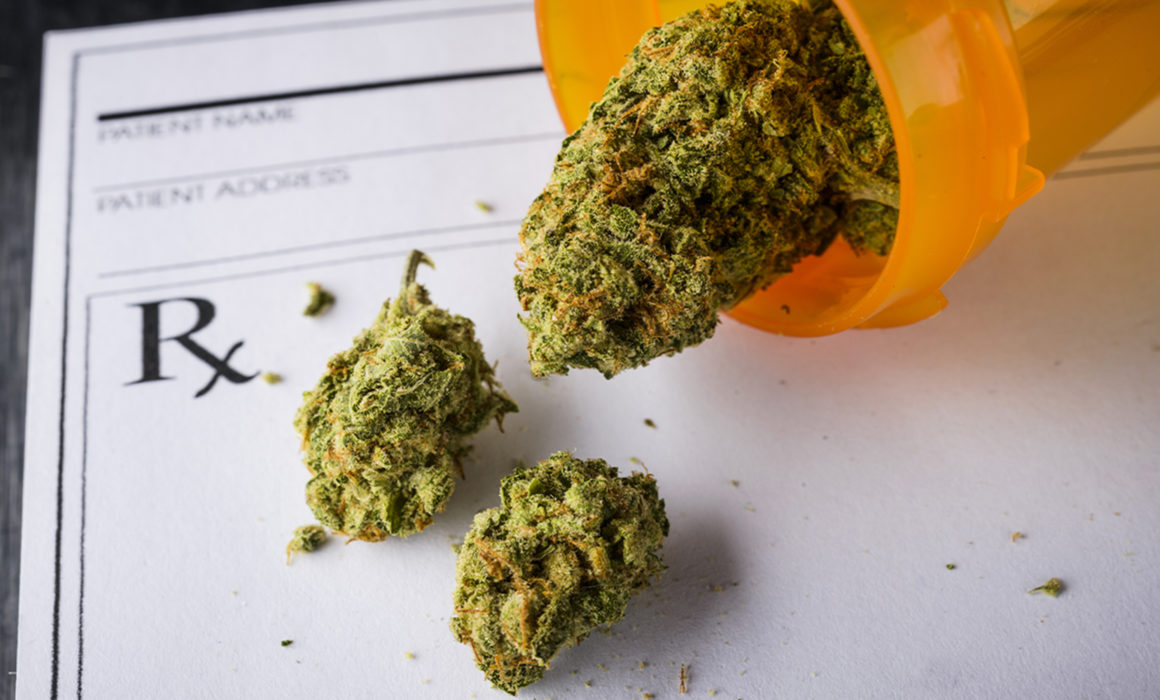A few years ago, Israel started treating severely autistic children with medical marijuana. The results were startling. Many children slept peacefully throughout the night for the first time in their lives, made eye contact, or uttered their first words. Then suddenly, some children inexplicably demonstrated self-abusive and other regressive behaviors.
What happened? It turned out that the cannabis grower changed greenhouses. Physicians thought they were prescribing the same medicine, but the new plant was as different as penicillin is from tetracycline. “Cannabis is a generic name,” said Professor Dedi Meiri, the Technion’s cannabis expert. “It’s not enough to say, ‘Take two and this will help.’”
Prof. Meiri is on a mission. He aims to understand the cannabis plant so thoroughly that a physician knows exactly what is in the medicine in order to repeat a prescription with precision. Medical marijuana with a high percentage of CBD, the non-psychoactive part of the plant, for example, is usually beneficial for reducing seizures. But recently, Prof. Meiri found some strains with high CBD that worsen seizures. “How can we repeat a successful treatment if we don’t know its active compounds? We are not blind anymore,” he said.
Prof. Meiri’s Laboratory of Cancer Biology and Cannabinoid Research in the Faculty of Biology is the largest of its kind in academia, with 44 researchers developing methods for analyzing the active compounds in over 900 different types of cannabis plants. He works with cannabis growers to identify almost every strain of marijuana grown in Israel, with the goal of matching specific strains to the diseases each affects. “When we started to work with cannabis in the lab, we found that cannabis #1 could kill colon cancer cells but did nothing for prostate cancer, while cannabis #2 killed prostate cancer but didn’t affect colon cancer,” he said.
Today, his lab has teams of researchers devoted to studying the effects of cannabis on cancer, neurodegenerative diseases including Alzheimer’s, and immunological diseases such as multiple sclerosis. They have eight clinical trials underway, as well as preclinical trials with mice. They are also preparing to start clinical trials on leukemia patients, for whom their research is furthest along. They already understand the mechanisms by which the cannabis affects the leukemia cells in bone marrow. “Our clinical trials will focus on kids where traditional medicine is not working, and on adults whose success rate is low,” he said.
In addition, Prof. Meiri’s Technion scientists are studying our body’s naturally occurring endocannabinoids, which bind to the same receptors as cannabis. They are also building exhaustive databases that profile the compounds taken by Israel’s 60,000 medical marijuana patients, and identify treatments according to patient-class specifics. The databases will be accessible online to provide recommendations for the most suitable, safe, and effective cannabis treatment.
This is a far cry from when Prof. Meiri started working with cannabis in 2015. “We were quite alone, like pioneers in the desert,” he recalled. “Today, everybody is talking about cannabis.”


